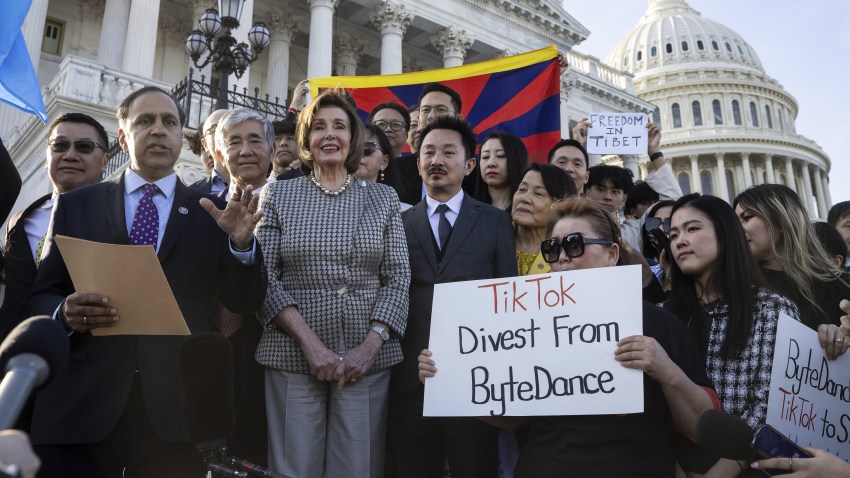Prominent internet platforms like Facebook, Google and X—formerly known as Twitter—have been under intense government scrutiny in recent years, due to concerns over everything from their impact on users’ mental health to their role in the distribution of misinformation. In a series of congressional hearings over the past few years, executives of social media and tech companies have been forced to defend their business practices and justify their companies’ very existence.
One could question the role of government involvement in the operation of private companies providing a product that consumers want and advertisers will pay for. This is especially the case when it seems that these government officials don’t understand what these products actually do or even how the internet works. But given the public’s reliance on these companies’ products for news and communication, it is sensible for governments to at least appear interested in providing some oversight of their activities.
Late last week, however, Congress seemed poised to turn its scrutiny of social media companies into action. The House of Representatives passed a bill with overwhelming bipartisan support requiring TikTok’s China-based parent company, ByteDance, to sell off the app within 165 days. If it fails to do so, TikTok will be banned in the United States. The bill must still make it through the Senate, where its path is uncertain, and then be signed by President Joe Biden before it becomes law.

